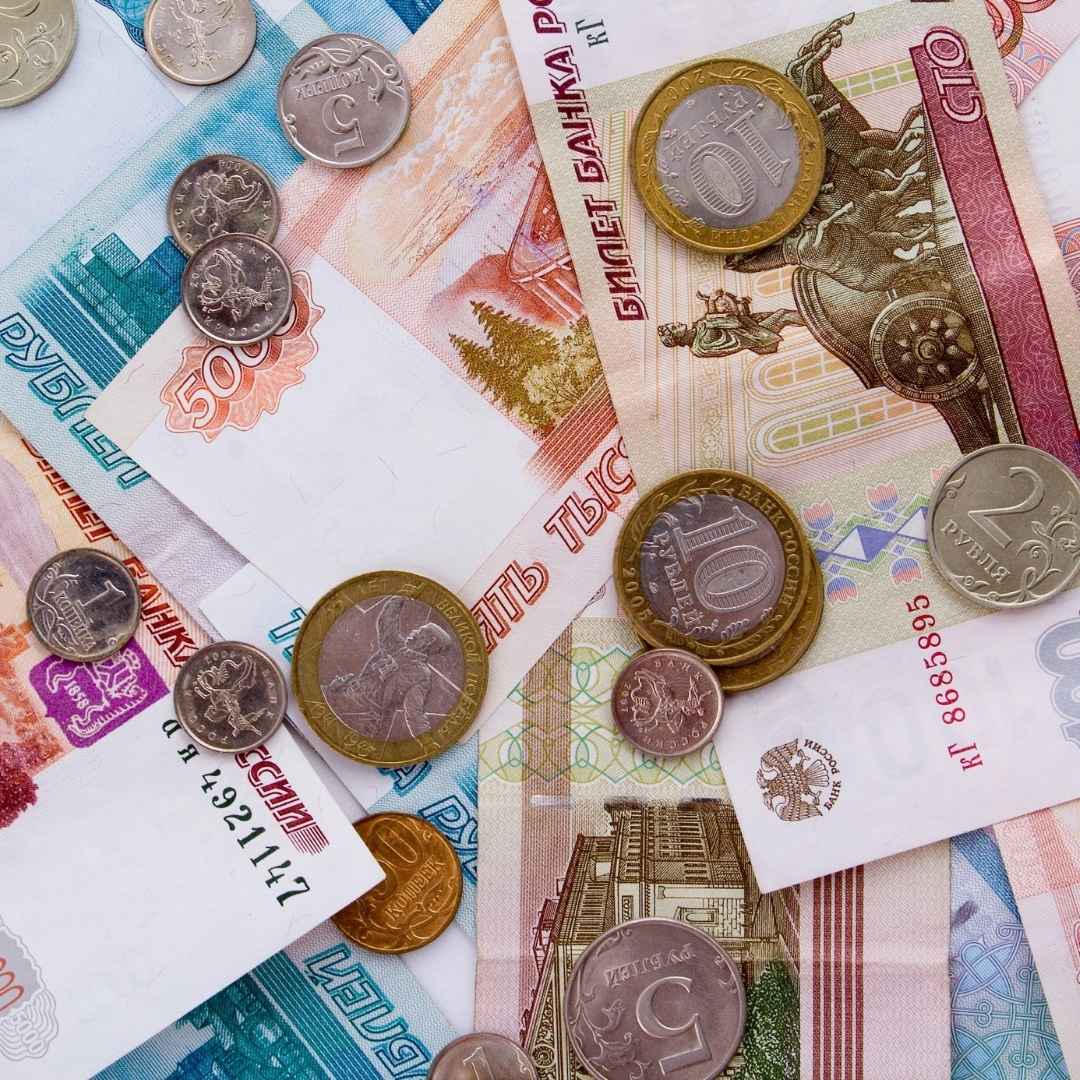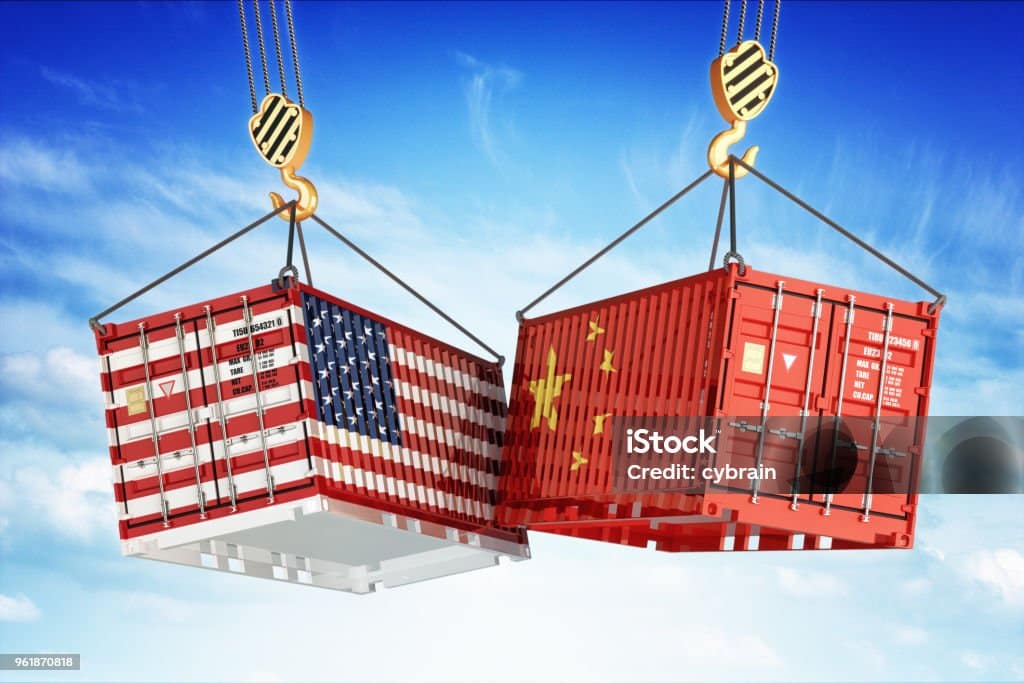IO SUMMARY: From 2–8 April, Kremlin propagandists on the X platform launched an extensive (831-post, level V amplification) messaging campaign in response to the US’s 2 April raft of tariffs on dozens of US trade partners. Kremlin accounts produced thematically mixed messaging on the impacts of tariffs. Russia was not among the countries targeted by US tariffs, but Kremlin propagandists still seized on the tariff issue to promote narratives that Russia was economically strong and resilient and that Ukraine and its Western European allies were weak and vulnerable.
- M3 also detected intensive messaging about US tariffs from pro-Kremlin, likely inauthentic accounts on X: over 1,800 X posts from 2–8 April. An example of this is shown below.

RUSSIA’S OBJECTIVES:
- Boost Russia’s image as a haven of strength, resilience, and stability amid rising global economic volatility. Kremlin propagandists seek to emphasize the notion that Russia has nothing to fear from mounting global tariffs by arguing (1) that it has become economically self-sufficient over years of sanctions and (2) that Washington is afraid to undermine its negotiating position with Moscow on the Ukraine war by targeting Russia with tariffs.
- Portray US tariffs as helping Moscow and harming Kyiv in the ongoing Ukraine conflict. Propagandists have seized on the tariff issue to try to undermine the morale of Ukrainians and their international backers while Russia is making gains on the ground in Ukraine and planning a forthcoming spring offensive.1
- Tailor divergent narratives to Europe and to the Global South. Propagandists’ tariff messaging aims to stoke political dissent in Europe by suggesting that European leaders and the European Union are too weak, inept, and divided to respond effectively to US tariffs. In contrast, propagandists’ message to Latin America and Africa has been much more encouraging: their posts argue that tariffs afford countries in those regions an opportunity to band together and seek out new trade relationships.
- MOSCOW’S VULNERABILITY: Russia has suffered economic damage from US tariffs even though it has not been targeted directly.2 If Russia continues to be battered by the economic knock-on effects of tariffs—such as depressed global oil prices—it may not be able to maintain its confident and unfazed attitude on the tariff issue convincingly.
For more information on this topic from our full Media Manipulation Monitor (M3) report, contact us at: [email protected].



